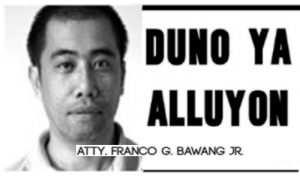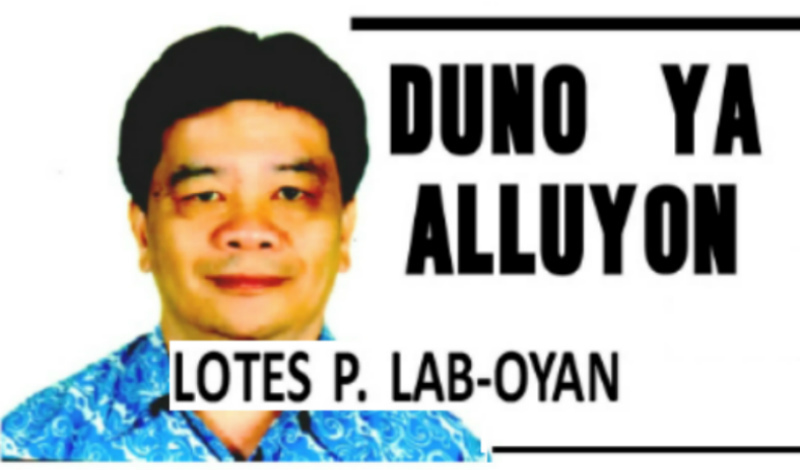The changes in technology started to shake and challenge the whole world especially cooperatives in the Philippines. This was aggravated by the impact created by COVID-19 often called “the unseen enemy”.
Businessmen and entrepreneurs that rely on manual recording of transactions were hardly hit when restrictions on movement of individuals were issued for safety purposes. Cooperatives were not exempted from this tragic event that affected people from all walks of life.
Cooperative operations were partly closed as the enhanced community quarantine required people to stay at home to avoid contracting and spreading the disease. Worst, with the prolonged quarantine period some companies opted to close shop. But not for resilient cooperatives that are doing their best to cope up with the changes in requirements of the government both local and national.
As the pandemic continue to affect human health and life, we take this opportunity to recognize the fast actions of some cooperatives in rendering services to members and the community. Through the use of technology members were informed on the status of cooperatives. Honestly, I am not expert on computer but my friends and relatives share their expertise. Observations and current trends ignited my desire to write this piece.
See other columns:





Some cooperatives that embraced technology managed to serve their members even with the threat of pandemic. Glad to hear that in CAR I have not heard reported major COVID-19 transmission associated with cooperative operations. However, I might be wrong and I stand to be corrected if I missed some updates. This is not the time to relax safety nets on how cooperatives should function. Every cooperative must ensure that protocols are observed to ensure safety of cooperative members and the general public.
Some medium and large cooperatives in CAR had adopted computerized system in serving the members with bank-like operations. Savings and time deposits, loans and share capital can be readily updated. Financial reports can be generated at the end of the day provided all data transactions were verified and confirmed by all persons for its processing.
Some challenges encountered in the digitalization include the readiness of personnel to assume the responsibility. Not all employees are authorized to access and operate developed software. It requires skills to handle such computer assisted programs and some degree of controls must be observed.
Different institutions may have developed or acquired technology to facilitate decision-making, improve business operations, connect to the world, promote innovation and shorten the agony of long queue of people accessing their services.
Another consideration is the willingness of the organization to invest in acquiring or developing applicable systems for their operation. The price of developed system is often per unit installed aside from the cost of procuring computers labeled as high definition and specifications need to meet the requirements in order to be compatible with the software.
Based on some sharing and stories heard some officers have difficulty in understanding how computerized system works. Forgive my statement on observations that some Audit Committee members rely on printed copies as basis in auditing the cooperative operations. This issue needs to be resolve by ensuring that officers should be properly trained to appreciate how systems operate.
Are there developed policies on how to go about auditing of computer software within the cooperative or institution? For institutions that embraced digitalization are they willing to pay the price for information technology audit if there is such a thing?
If technical issues confront cooperative officers it boils down on how can we counter check the information in these systems. Not all are experts in operating digital facilities? How can we assess that all generated and processed data are correct and avoid incurrence of potential risks? It is not that we lack trust in the people responsible operating these information technology but the essence of equilibrium and transparency comes to fore.
I guess the current issues raised against the Philippine Health Insurance Corporation officials serve as a wake-up call for all of us. It might not be too late to craft policies related to changes in systems involving technology. If cooperatives and other similar institutions cannot hire staff to do the audit maybe the option to outsource the services of experts in information technology can be done. The business environment is dynamic and changes can occur anytime. The need to constantly upgrade existing technologies to be at par with industry standards is part of the business plan.
Finally, the digitalization of cooperative should be part of business continuity planning. Integrating information technology audit policy for the sustainable operation of cooperative is an emerging challenge for those that embraced computerization of operations.
You might also like:























